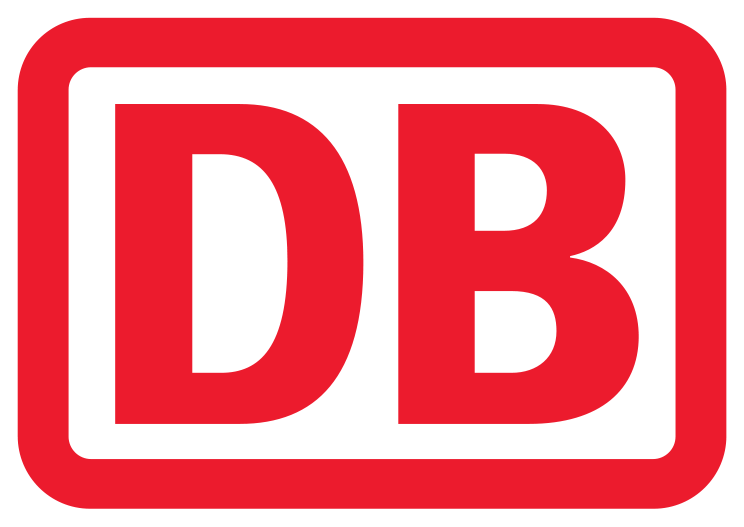Planning, budgeting and forecasting
Current methods, instruments and concepts

Classroom seminar: Optimal knowledge development and learning transfer through training, in-depth study and personal exchange. Lecture, practical case studies, discussion, solution of problems from the circle of participants.
Contents
Why planning?
- Preparing for the future instead of making exact predictions.
- Recognize opportunities and risks as well as your own strengths and weaknesses in good time!
- Implementing strategic objectives with the help of planning: Why budgeting is important for a company's success!
- Motivating and coordinating employees with the help of budgets.
Planning processes at a glance
- From corporate vision to budget: stages of corporate planning.
- Analyze the initial situation and define planning premises.
- Linking corporate strategy and tactical-operational planning.
- Budgeting: corporate activities must be financed!
- Forecasting: periodic or rolling? The sensible addition to your planning landscape.
- Business analytics & digitalization: a curse or a blessing for planning and forecasting?
Budgeting requirements
- Individuality: There is no off-the-shelf budgeting process.
- Simplicity: Budgeting processes must be transparent and comprehensible.
- Flexibility: Budgets must not restrict companies.
- Integration: The sub-plans of all corporate and specialist departments must be coordinated.
Integration of partial planning
- Corporate planning at a glance: Objects, sub-plans and participants.
- Driver-based planning as a means of integrating different specialist departments.
- Planning methods: top-down planning, bottom-up planning, counterflow method, zero-base budgeting.
- Coordination with other planning: Liquidity planning, project planning, investment planning, standard costing, etc.
Budget control and management
- The budget has been approved! - What now?
- Dealing with budget supplement and carryover to the next year.
- Budget tracking and reporting.
- Special case of "zero-base budgeting".
IT support for budgeting
- Recommendations for the selection of planning and budgeting IT.
- Overview of software categories.
Recommendations for implementing an individual budgeting concept
- Stocktaking: What is criticized about the current budgeting processes?
- Modular principle: Which methods help to solve which problem?
- Procedure: What is the best way to get there?
Learning environment
In your online learning environment, you will find useful information, downloads and extra services for this training course once you have registered.
Your benefit
- You will gain an overview of the planning, budgeting and forecasting methods.
- You will learn about current trends in planning and budgeting.
- You will learn how the various sub-plans in the company optimally complement each other.
- You will learn which criteria can be used to optimally adapt the planning processes to your company.
- You identify optimization potential for your next budgeting round.
Methods
Kick-off video, e-learning, lecture, practical case studies, discussion, solutions to problems posed by participants, learning and transfer impulses.
Recommended for
controllers, controllers controllers, specialists and managers in finance and accounting, managing directors, especially of SMEs.
Further recommendations for "Planning, budgeting and forecasting"
training training: Optimal knowledge building and learning transfer through training, consolidation and personal exchange. Lecture, practical case studies, discussion, solution of problems from the circle of participants.
Contents
Why planning?
- Preparing for the future instead of making exact predictions.
- Recognize opportunities and risks as well as your own strengths and weaknesses in good time!
- Implementing strategic objectives with the help of planning: Why budgeting is important for a company's success!
- Motivating and coordinating employees with the help of budgets.
Planning processes at a glance
- From corporate vision to budget: stages of corporate planning.
- Analyze the initial situation and define planning premises.
- Linking corporate strategy and tactical-operational planning.
- Budgeting: corporate activities must be financed!
- Forecasting: periodic or rolling? The sensible addition to your planning landscape.
- Business analytics & digitalization: a curse or a blessing for planning and forecasting?
Budgeting requirements
- Individuality: There is no off-the-shelf budgeting process.
- Simplicity: Budgeting processes must be transparent and comprehensible.
- Flexibility: Budgets must not restrict companies.
- Integration: The sub-plans of all corporate and specialist departments must be coordinated.
Integration of partial planning
- Corporate planning at a glance: Objects, sub-plans and participants.
- Driver-based planning as a means of integrating different specialist departments.
- Planning methods: top-down planning, bottom-up planning, counterflow method, zero-base budgeting.
- Coordination with other planning: Liquidity planning, project planning, investment planning, standard costing, etc.
Budget control and management
- The budget has been approved! - What now?
- Dealing with budget supplement and carryover to the next year.
- Budget tracking and reporting.
- Special case of "zero-base budgeting".
IT support for budgeting
- Recommendations for the selection of planning and budgeting IT.
- Overview of software categories.
Recommendations for implementing an individual budgeting concept
- Stocktaking: What is criticized about the current budgeting processes?
- Modular principle: Which methods help to solve which problem?
- Procedure: What is the best way to get there?
Learning environment
In your online learning environment, you will find useful information, downloads and extra services for this training course once you have registered.
Your benefit
- You will gain an overview of the planning, budgeting and forecasting methods.
- You will learn about current trends in planning and budgeting.
- You will learn how the various sub-plans in the company optimally complement each other.
- You will learn which criteria can be used to optimally adapt the planning processes to your company.
- You identify optimization potential for your next budgeting round.
Methods
Kick-off video, e-learning, lecture, practical case studies, discussion, solutions to problems posed by participants, learning and transfer impulses.
Recommended for
controllers, controllers controllers, specialists and managers in finance and accounting, managing directors, especially of SMEs.
Further recommendations for "Planning, budgeting and forecasting"
30157
Start dates and details



 4.1
4.1







